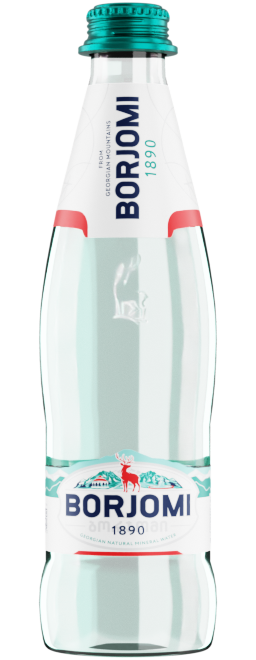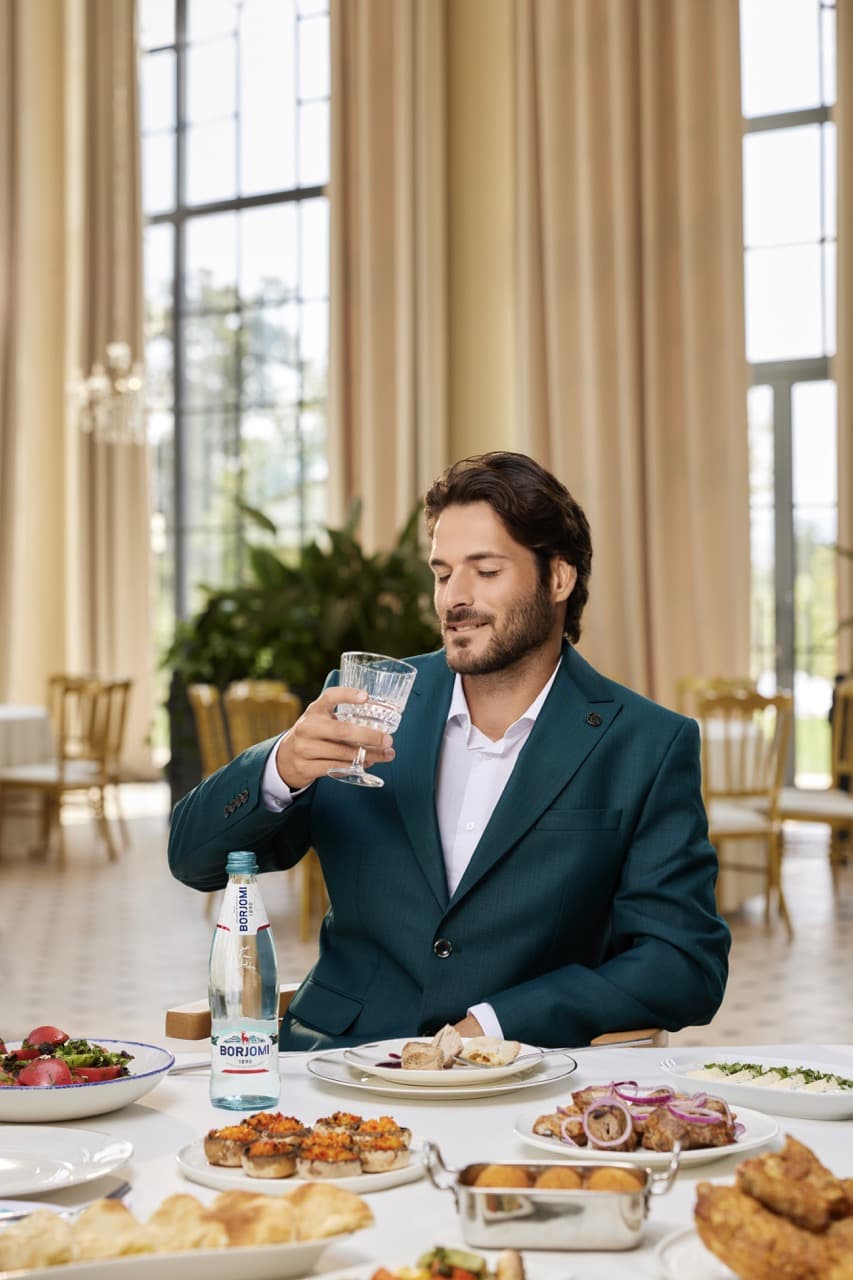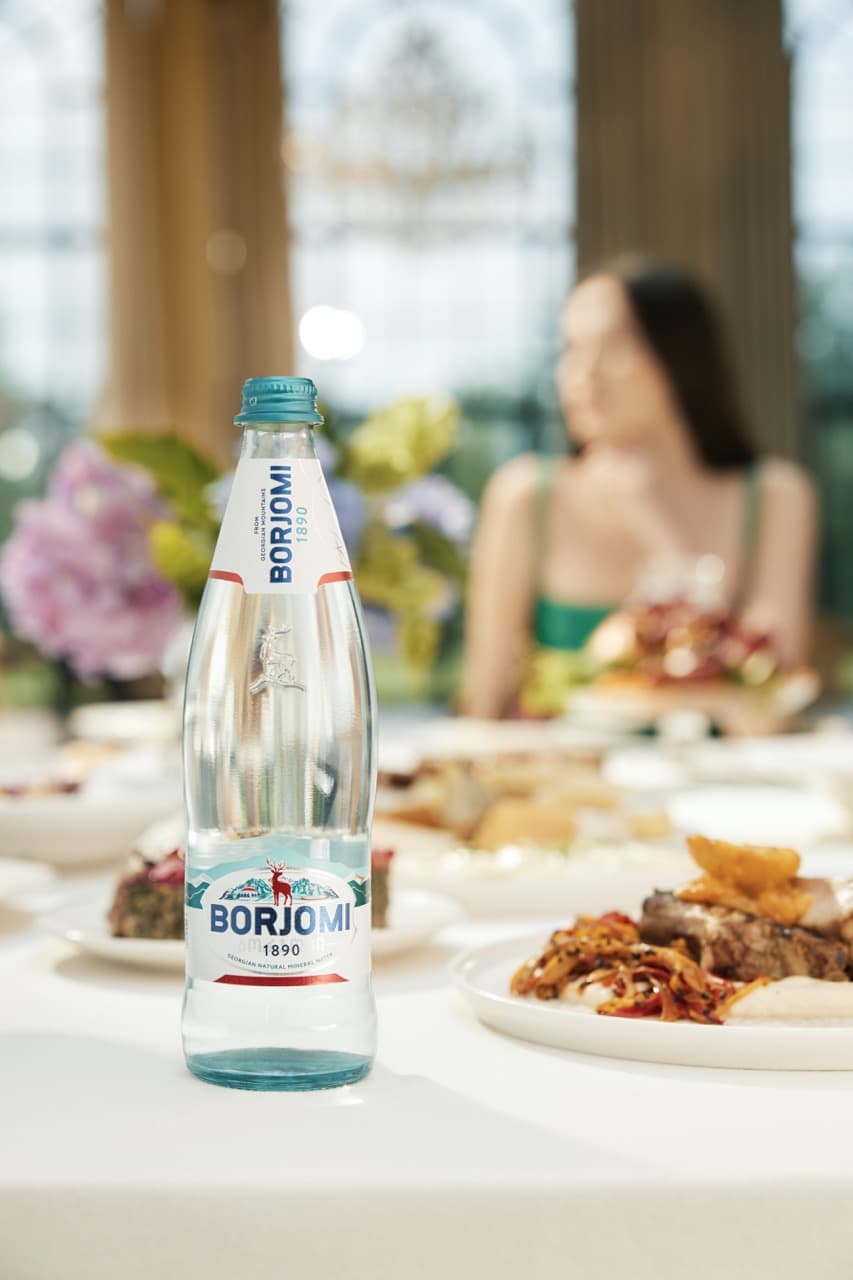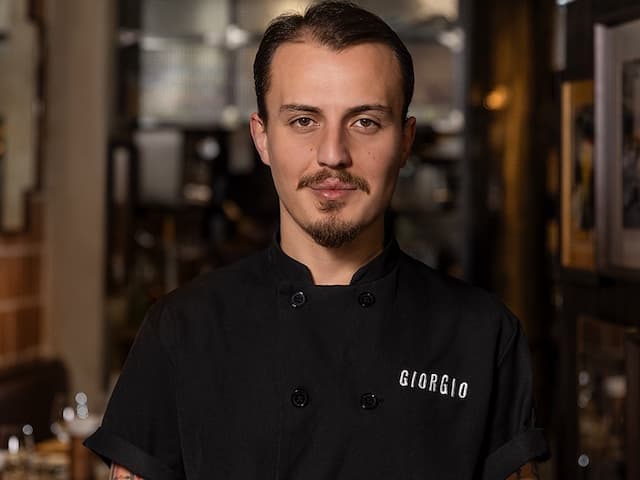
Chef
Luka Nachkebia
Everything around us works through the laws of physics and chemistry and if you ask me - culinary is a science. I am a scientist, a food technologist and I try to create art work in the form of delicious food using organic chemistry, biochemistry and physics.Though, apart from science culinary involves a good deal of emotions. I try to evoke emotions, curiosity and revive memories stored deeply in our minds. That's what I share with my students at the Agrarian University Culinary Academy.
Khinkali
There are lot’s of variations of boiled meat and dough in the world, and Georgia is not an exception. It’s known, that Georgian khinkali origin from Mongolia, but who knows, they could appear independently, too.

Fish and chips
This classic English recipe is heaven for fish lovers!


Mineral water Borjomi



see more
Georgian Gastronomical Adventure









































































